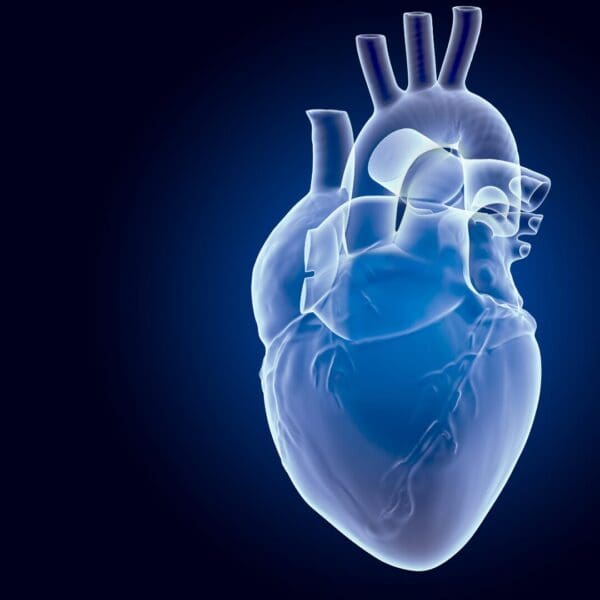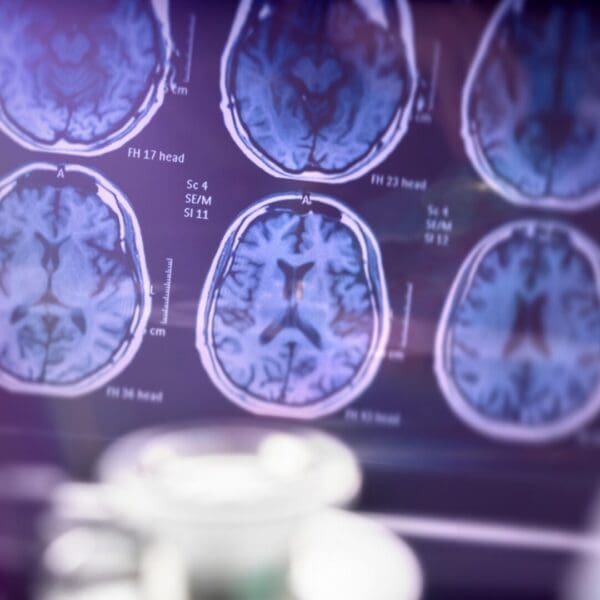Here’s a fact: adequate and efficient sleep is crucial to your body’s recovery and repair, and has a significant impact on overall wellbeing, immunity, energy and function. In this blog, we review the important reasons why your body needs high quality, productive sleep, as well as practical tips to enhance your sleep hygiene.
Basic Sleep Background
There’s a good chance you’ve heard about circadian rhythms and how they affect sleep. One thing to keep in mind is that circadian rhythms are actually any physical, mental, and behavioral change that follows a 24-hour cycle.
For instance, nearly every single tissue and organ in your body has its own biological clock, or internal timing device that regulates the cycle of circadian rhythms. Certain molecules (proteins) are responsible for interacting with the cells throughout our bodies to keep these biological clocks ticking. We have a “master clock” in the brain composed of about 20,000 nerve cells called the suprachiasmatic nucleus, which is located in the hypothalamus. This area of the brain receives direct input from our eyes.
Changes in our environment, as well as changes within our bodies can alter our circadian rhythms. Here are a few examples of when this happens:
- Mutations or changes in certain genes can alter your biological clock.
- Light from electronic devices, TVs, computers, etc. can give our biological clocks mixed signals.
- Shift work and jet lag can also confuse our biological clocks.
Many physicians have researched how disruption to our circadian rhythms can lead to various health problems, including: obesity, diabetes, high blood pressure, heart disease, stroke, poor mental health, cancer, and early death.
In order to avoid the above, here are 5 steps anyone can follow to finally master high quality sleep habits.
Set Your Sleep Schedule
Get your body on a regulated sleep schedule by going to bed and waking up around the same time (within 30 minutes or so) everyday, as best you can. Yes, even on the weekends. Over time your body will begin to wind down and crank up at the hours you desire.
Ditch TV One Hour Before Bed (minimum)
Watching TV right before bed disrupts your sleep cycles, hormone regulation, and can contribute to restless sleep. Your brain thinks it needs to stay alert and awake when the TV is on. If you’re used to falling asleep with the TV, try these baby steps to back off this habit:
- Refrain from using the TV, especially in your bedroom, for at least 1 hour before bedtime.
- Set a time limit/episode limit on how much TV you’re going to watch for the night
- Try to watch TV earlier in the evening.
Ditch Your Phone Too!
Instead of scrolling, scrolling, scrolling… You should be sleeping, sleeping, sleeping! Put your phone away at least ONE hour before going to bed. Even better, put your phone in a separate room from where you sleep. This helps to avoid prolonged use of your phone, as well as prevent fragmented sleep.
Calculate Your Sleep Cycles
Waking up groggy can sometimes be related to waking up in the middle of a deep sleep cycle. Your goal should be to wake up during Stage 1 sleep, our lightest rest. You can calculate your sleep cycle through various apps and even by jotting down what time you fall asleep and wake up in the middle of the night.
Stop Snacking Before Snoozing
Minimize late night snacking and try not to eat for two hours before going to bed. Eating right before bed is a known cause of poor sleep and may give you stomach discomfort as you try to go to bed.
ADDITIONAL OPTIONS:
Try NAD+
NAD+ is an essential coenzyme that improves a host of functions in the body, including increased energy, improved immunity and fighting brain fog. NAD+ may also improve both sleep and quality of sleep over time. If you’re interested in trying an NAD+ drip, you can book it here.
If you enjoyed this article, you’ll want to read this as well:














